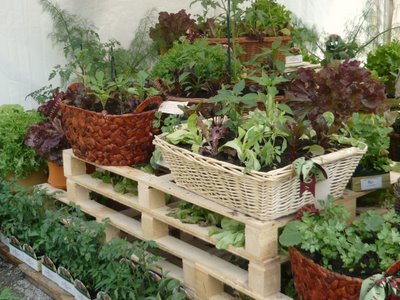Spiritual Economics
By Krishna Dharma Das | Jan 29, 2011

As 2011 rolls in we face cuts in public spending, huge job losses, benefit reductions and pay freezes in almost every sector. It’s the ‘Big Society’ folks, but without the Big Money. As Government looks to local communities for new ideas to tackle old problems with the Localism Bill, at the same time they are scything funding to local authorities, with cuts of almost 30% expected over the next four years.
It’s looking decidedly grim in many quarters as our national finances struggle. And struggling they are. The UK’s debts in total are 466% of annual economic output once consumer debt is included. In other words if the country was an individual he would almost certainly be declared bankrupt.
While we may be running short of cash, at the end of the day it only represents material resources. So are we running out of those? I don’t think so. All our needs are provided by God. We may be able to print money but we cannot manufacture food or any other natural resource. Earth, sun, rain, fresh air, fruits, vegetables, grains — none of this lies in our power to provide, and none of it is in short supply. God can provide unlimited amounts. All we have to do is manage it properly
As everything comes from God it also belongs to him. We have no factual claim over anything. Naked came we to the world and naked shall we leave. Forgetting God’s proprietorship we lay claim to the world and then lay waste to her resources; the recent Gulf of Mexico oil spill disaster being a graphic example.
That crisis along with other market forces has seen oil prices soaring over the past year. It’s made me renew an old love affair with the bicycle and indeed wonder if our whole high-tech lifestyle needs a review. For sure the burgeoning demand for material goods sweeping the world cannot be sustained. The West, with 12% of the world’s population, accounts for 60% of private consumption spending. The undeveloped countries are some way behind us, but they don’t plan to stay that way. TV and Hollywood have shown them a splendid vision of the other side, and they are now jostling in the world market place along with the rest of us. The competition looks set to get fierce. Something’s got to give.
Maybe it’s time for a new approach. Government is perennially obsessed with “growing” the economy, but is that helpful? They want to see a ‘healthy’ cash flow, more business, more people working, more spending and generally more consumption all round, but this can only exacerbate the problems we face, both globally and personally. The more absorbed we become in striving for material improvement the more we neglect our spiritual lives, and consequentially become increasingly victimised by lust and greed. It’s a vicious cycle.
We have to reduce demand, not increase it. Consume less, bring down the fever of materialism, find a bit of inner peace. After all, can we honestly say that having that latest car, phone or TV has actually increased our happiness? Probably it only increased our debt and anxiety.
The Bhagavad-gita speaks about simple living and high thinking as the human ethic (reflected in the Lifestyle Movement’s catchy “live simply so everyone may simply live” slogan). Keep our external needs to a minimum and focus on finding the divine within ourselves. There is a reservoir of pleasure in our hearts if we only take the time to look. And to give us that time God supplies our material needs in abundance, as long as we do not mismanage them in a frenzy of greed.
As Gandhi said, there is enough for our needs but not for our greed. Are we really taking only what we need? That depends. Those advanced on the spiritual path happily survive with minimal resources — one or two moderate meals a day, a few (non-designer) clothes and a simple dwelling. We may not be quite ready for that level of frugality, but we can work towards it by steady spiritual practice. We will definitely feel better for it and so will the world.
And as for growing economies; that’s also recommended by Krishna in the Bhagavad-gita, although perhaps not the type of growth sought by the government. “Grow food,” says Krishna. “Practise religion and be happy.” It’s a local solution, anyone can do it, we can grow food anywhere, and it’s completely sustainable.
An idea whose time cannot be far away.















